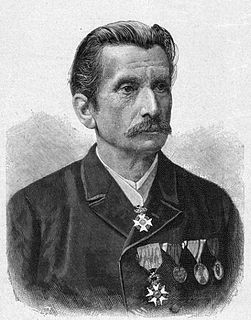A Quote by Hilaire Belloc
For no one, in our long decline,So dusty, spiteful and divided,Had quite such pleasant friends as mine,Or loved them half as much as I did. [stanza 3]The library was most inviting:The books upon the crowded shelvesWere mainly of our private writing:We kept a school and taught ourselves. [stanza 15]From quiet homes and first beginning,Out to the undiscovered ends,Theres nothing worth the wear of winning,But laughter and the love of friends. [stanza 22]You do retain the song we set,And how it rises, trips and scans?You keep the sacred memory yet,Republicans? Republicans?[stanza 36]
Quote Topics
Beginning
Books
Crowded
Decline
Did
Divided
Dusty
Ends
First
Friends
Had
Half
Homes
How
Inviting
Keep
Kept
Laughter
Library
Long
Love
Loved
Mainly
Memory
Mine
Most
Much
Nothing
Our
Ourselves
Out
Pleasant
Private
Quiet
Quite
Republicans
Retain
Rises
Sacred
School
Set
Song
Spiteful
Taught
Them
Trips
Undiscovered
Wear
Winning
Worth
Writing



































